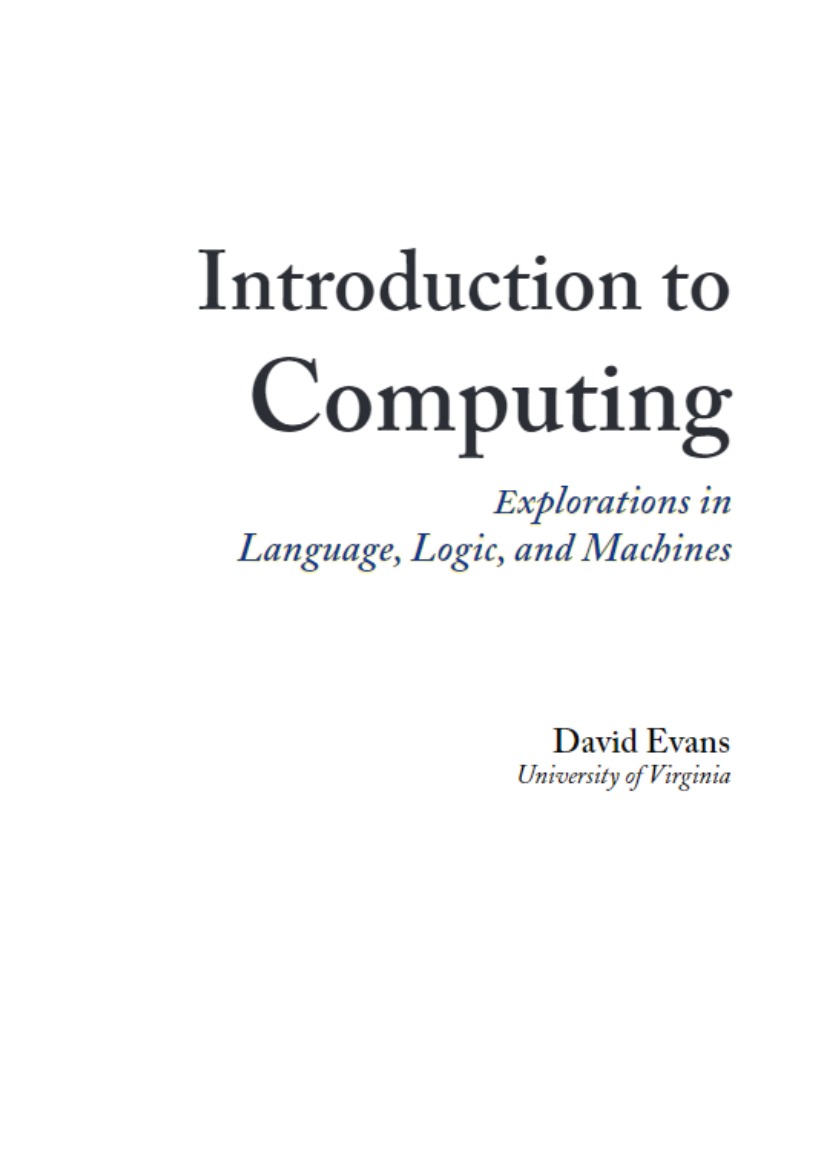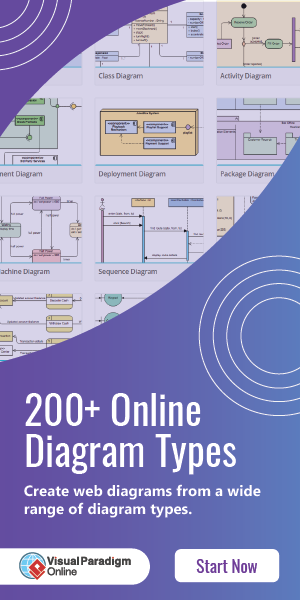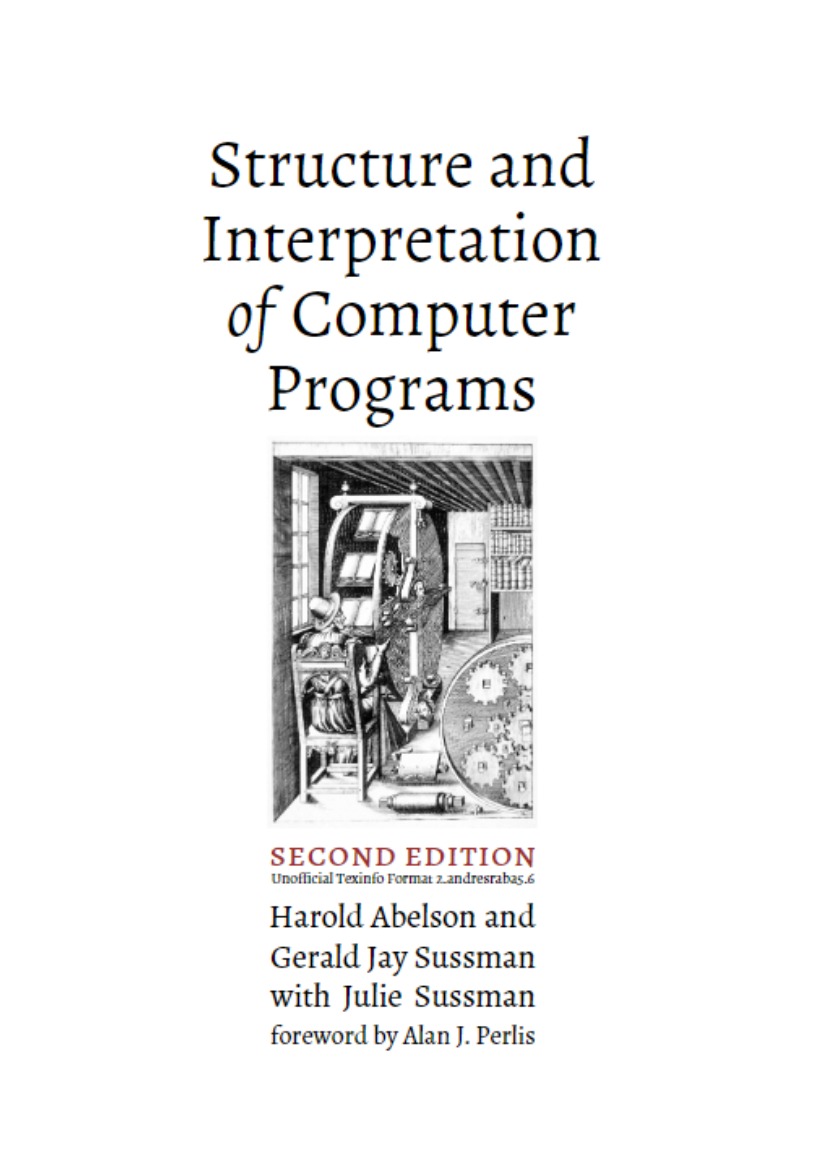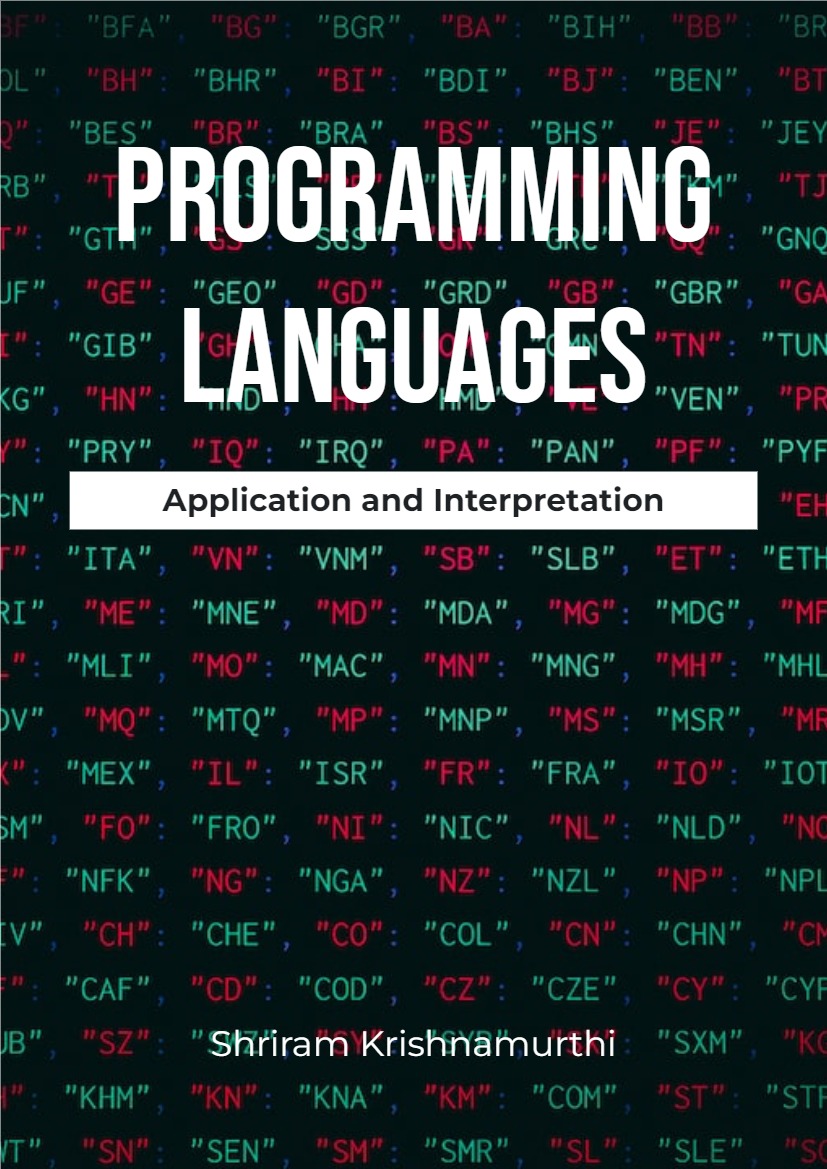1 – Computing
In their capacity as a tool, computers will be but a ripple on the surface of our culture. In their capacity as intellectual challenge, they are without precedent in the cultural history of mankind.
Edsger Dijkstra, 1972 Turing Award Lecture
The first million years of hominid history produced tools to amplify, and later mechanize, our physical abilities to enable us to move faster, reach higher, and hit harder. We have developed tools that amplify physical force by the trillions and increase the speeds at which we can travel by the thousands.
Tools that amplify intellectual abilities are much rarer. While some animals have developed tools to amplify their physical abilities, only humans have developed tools to substantially amplify our intellectual abilities and it is those advances that have enabled humans to dominate the planet. The first key intellect amplifier was language. Language provided the ability to transmit our thoughts to others, as well as to use our own minds more effectively. The next key intellect amplifier was writing, which enabled the storage and transmission of thoughts over time and distance.
Computing is the ultimate mental amplifier—computers can mechanize any intellectual activity we can imagine. Automatic computing radically changes how humans solve problems, and even the kinds of problems we can imagine solving. Computing has changed the world more than any other invention of the past hundred years, and has come to pervade nearly all human endeavors. Yet, we are just at the beginning of the computing revolution; today’s computing offers just a glimpse of the potential impact of computing. There are two reasons why everyone should study computing:
- Nearly all of the most exciting and important technologies, arts, and sciences of today and tomorrow are driven by computing.
- Understanding computing illuminates deep insights and questions into the nature of our minds, our culture, and our universe.
Anyone who has submitted a query to Google, watched Toy Story, had LASIK eye surgery, used a smartphone, seen a Cirque Du Soleil show, shopped with a credit card, or microwaved a pizza should be convinced of the first reason. None of these would be possible without the tremendous advances in computing over the past half century.
Although this book will touch on on some exciting applications of computing, our primary focus is on the second reason, which may seem more surprising.
Computing changes how we think about problems and how we understand the world. The goal of this book is to teach you that new way of thinking.





